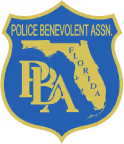
Our history
2019
The Florida PBA pushed through a major change in DNA use for an arrest (HB 1021/SB 920). The old law required a search warrant to collect a confirmatory buccal swab of a person who matches both a crime scene sample and an offender profile in CODIS. The Florida PBA successfully lobbied the Legislature to allow a judge the option to issue a warrant for arrest, or a search warrant for a comparative DNA sample.
The Legislature agreed to provide a $2,500 base rate of pay increase effective for Correctional Probation Officers and Institutional Security Services Officers.They also gave a three percent pay raise to Florida Highway Patrol Troopers.
After more than three years of effort, the Florida Legislature reached an agreement on how to enforce a "texting while driving" ban. The bill (HB 107/SB 76) upgrades the current law governing "texting while driving" moving the traffic offense from a secondary to a primary offense.
*Early history compiled by David Springer, legislative history courtesy of former Florida PBA Executive Director David Murrell.
2018
John Kazanjian, Palm Beach County PBA, elected president.
Support for Legislation (Senate Bill 376 and House Bill 227) enhancing coverage for first responders suffering from Post Traumatic Stress Disorder. This Legislation allows an officer experiencing PTSD without a physical injury to apply for coverage.
2017
Passage of Senate Bill 7022 allows survivors of a Special Risk member killed in the line of duty on or before July 20, 2002 to receive 100% of member's salary at time of death. This benefit was added during last year's session but the retroactivity only went back to September of 2013. The bill also allows FRS employees who are enrolled in the Investment Plan and who have left FRS employment and took a cash payment from the Investment Plan to be able to reenroll in the Investment Plan if they are reemployed by an FRS employer.
2016
The Scott Pine Act, SB 7012, primarily makes two changes to the Florida Retirement System (FRS). First, the bill increases the monthly survivor benefits available to the spouses and children of FRS pension plan members in the Special Risk Class when killed in the line of duty from 50 percent of the member's monthly salary at the time of death to 100 percent of the member's monthly salary at the time of death. Second, the bill permits the surviving spouse or children of an investment plan member in the Special Risk Class when killed in the line of duty to opt into the FRS investment plan survivor benefits program in lieu of receiving normal retirement benefits under the FRS investment plan.
2015
PBA legislation passed to give cities and unions much needed flexibility in dealing with premium tax revenues for enhanced pension benefits for police and firefighters.
We were pro-active in supporting legislation that created public records exemptions for body worn cameras: When taken in the interior of a private residence; or within the interior of a facility offering health care, mental health care, or social services; or, is taken where a person has a reasonable expectation of privacy.
2014
Five percent across the board pay raises for PBA's Law Enforcement Officers, Florida Highway Patrol, and FDLE Special Agents.
2013
The PBA secured pay raises for its Law Enforcement Officers, Florida Highway Patrol, and FDLE Special Agents units. Officers with less than 5 years of service received a 3% pay increase while officers with over 5 years of service received a 5% pay raise. These raises were on top of across the board raises for all state workers.
Special Compensatory Leave: PBA unit employees have 60 calendar days to use earned special compensatory leave and employees employed after July 1, 2013 are permitted to accumulate a maximum of 240 hours of special compensatory leave credit.
2012
The Fallen Heroes Act implemented legislation for the constitutional amendment (HJR93) which provides a full ad valorem property tax homestead exemption to the surviving spouses of first responders and military members who are killed-in-line-of-duty.
Possession of Firearms and Destructive Devices During the Commission of a Felony legislation made it a mandatory 10 year sentence if a previously convicted felon is in possession of a firearm or a destructive device during the commission of a felony.
2011
PBA lawsuit successfully stopped the unlawful prison privatization of the Southern Region of the Department of Corrections. The lawsuit endedlegislative practice of changing general law in budget provision.
2010
Fallen Officers Ceremony held at the Old Capitol establishing the Florida PBA's Fallen Officers Memorial.
Municipal Police and Firefighter Pensions bill implemented a number of changes to the statutes governing municipal pensions by expanding the definition of creditable service, increasing the amount to be used for foreign investment, and revised fund distribution procedures with respect to plan terminations.
Law Enforcement & Correctional Officers Bill of Rights legislation updated the types of witness statements the subject officer can review to include technology like audio recordings, video recordings, and GPS locator information related to the incident under investigation.
Florida Retirement System bill dubbed the Double Dippers' Bill, prohibits a FRS retiree from reemployment with an FRS employer for a period of six months. This ended the upper echelon's practice of 30 day vacation retirements.
The legislature provided for a Compliance Review Panel process which a subject officer may request as a means to address an intentional violation of his or her rights by an internal affairs investigator.
2009
Fallen Officers Ceremony held at the Old Capitol establishing the Florida PBA's Fallen Officers Memorial.
Municipal Police and Firefighter Pensions bill implemented a number of changes to the statutes governing municipal pensions by expanding the definition of creditable service, increasing the amount to be used for foreign investment, and revised fund distribution procedures with respect to plan terminations.
Law Enforcement & Correctional Officers Bill of Rights legislation updated the types of witness statements the subject officer can review to include technology like audio recordings, video recordings, and GPS locator information related to the incident under investigation.
2007
Law Enforcement & Correctional Officers Bill of Rights helped strengthen the Bill of Rights. When possible, the subject of an internal affairs investigation be interviewed last in order for the subject to see all statements used in the investigation, imposed that certain political subdivisions must forward an administrative complaint against an officer to the officer's employing agency within five business days, and expanded the tolling periods.
Another Bill of Rights bill aptly labeled the Tell the Truth Bill requires that the investigator, prior to completing a summary report of an internal affairs investigation, must sign a sworn statement declaring, under penalty of perjury, that all statements contained in the summary are true and that the investigator did not violate any part of the LEO Bill of Rights.
2006
John Rivera, Dade County PBA, elected president.
PBA proposed legislation increased the amount of reimbursement the state will pay for state employee travel
2005
The Deputy James Weaver Act places a 180 day limit on the duration of an internal affairs investigation, increases the death benefit for traffic incidents to surviving family members, and allows the spouse and children to take advantage of the tuition benefits available from the state.
2004
PBA proposed legislation created the Officer Cheryl Seiden Act. This Dade County PBA inspired legislation precluded State Attorneys from having secret agreements with criminals which would prevent law enforcement officers from fighting the parole of such incarcerated criminals.
2003
Florida Supreme Court rules on PBA case, Williams v. Coastal Florida PBA, that Deputy Sheriffs' have the right to collectively bargain.
PBA proposed legislation increased from zero to six the number of rank and file law enforcement officers on the 19 member Criminal Justice Standards and Training Commission (CJSTC). CJSTC is the body that grants certification to officers and, likewise, can take away an officer's certification to work as a law enforcement or correctional officer. Having the six commissioners of this rank has made for a much fairer and sympathetic hearing board for rank and file officers up on charges.
Note: A number of PBA presidents have served on the CJSTC including John Rivera, Ernie George (who also served as Chairman), Pat Hanrahan, Mick McHale, and Nick Marolda.
2002
PBA proposed legislation passed doubling existing death benefits (maximum $150,000) for state and local officers killed in the line of duty.Indexing the amount to the annual inflation rate, so the amount goes up every year. Allowing surviving children and spouses to attend college (through post graduate school) tuition-free.
2000
PBA proposed legislation created the Law Enforcement and Correctional Officers Bill of Rights. Allowing officers to see all statements made by complainants and witnesses prior to any disciplinary proceeding.
PBA proposed legislation increased the Special Risk buy-back. Restoring benefits to a full 3 percent a year accrual for those active and retired officers who had received less than a three percent benefit for their prior serviceyears.
1999
PBA proposed legislation passed ensuring that state tax dollars sent to cities for police pensions will be used properly and certain minimum benefits were guaranteed. It was a major reform and enhancement of municipal police pension plans.
PBA proposed legislation passed creating the Heart and Lung Law. Providing that any condition or impairment of health caused by tuberculosis, heart disease, or hypertension resulting in total or partial disability shall be presumed to have been accidental and to have been suffered in the line of duty. In 2002, coverage was extended to all state and local law enforcement and correctional officers.
1998
Ernie George, Palm Beach County PBA, elected president.
1997
PBA proposed legislation passed creating the Deferred Retirement Option Program (DROP) for Florida Retirement System employees.
1996
PBA proposed legislation passed the Alu-O'Hara Public Safety Act. Allows full-time law enforcement and correctional officers who suffer a catastrophic injury in the line of duty to receive full payment for their health insurance if the officer became injured when responding to an emergency,fresh pursuit, or because of the unlawful act by another. Free coverage was also provided for the spouse and for dependent children up to the age of 25.
1995
Bob Sheehan, West Central Florida PBA, elected president.
1994
PBA proposed legislation passed which provided that any political subdivision which employs a police officer or correctional officer killed in the line of duty as the result of an act of violence inflicted by another person shall pay health insurance for the officer's spouse and children for a defined period.
1993
PBA proposed legislation passed extending the Police Bill of Rights to all Florida Deputy Sheriffs.
1991
1991 Florida Supreme Court rules that Department of Agriculture and Consumer Services officers have the right to warrantless felony arrests. (Florida PBA, Inc. v. Florida Department of Consumer Services)
1988
1988 PBA successfully argues before the Florida Supreme Court that public employees' right to collectively bargain supercedes Civil Service Rules and Regulations. (Hillsborough County Governmental Employees Association, Hillsborough County_PBA, Inc., PERC v. Hillsborough County Aviation Authority and Hillsborough County Civil Service Board)
PBA proposed legislation increased the retirement accrual rate of special risk members of FRS from 2 percent to 3 percent a year.
1987
1988 PBA successfully argues before the Florida Supreme Court that public employees' right to collectively bargain supercedes Civil Service Rules and Regulations. (Hillsborough County Governmental Employees Association, Hillsborough County_PBA, Inc., PERC v. Hillsborough County Aviation Authority and Hillsborough County Civil Service Board)
1986
1986 PBA proposed legislation passed raising retirement credit amount to that of FRS Special Risk for officers under a municipal police pension plan, enhanced minimum disability benefits, gave officers more say in the running of their pensions and permitted Boards of Trustees to hire their own legal counsel.
1982
Florida Supreme Court affirms public employees right to collectively bargain for retirement. (City of Tallahassee v. PERC)
1981
The Association approved its first chapter, which consisted of members from area, city, county, state or local agencies.
1974
1974 PBA proposed legislation passed giving law enforcement officers the right to engage in collective bargaining. The contract and safeguards you now have go back to this legislation. Salary incentive payments guaranteed on the local level also passed.
1972
1972 With over 1,000 members, the FPBA established a membership representation system, and members in every district, agency, municipality, and division could be represented. Police officers continued to gain through the FPBA and soon became recognized as professionals.
1960s
1960s Florida PBA began in the 1960's when elected leaders of severalFraternal Order of Police lodges around Florida met with Dade County police officers and decided to form a statewide politically active labor organization for law enforcement personnel. Charlie Maddox elected first president.
Join the PBA
Florida Police Benevolent Association membership is open to all certified law enforcement and corrections officers regardless of race, creed, sex or national origin. The Association is made up of semi-autonomous charters formed on a county-wide or regional basis, and local or statewide chapters.

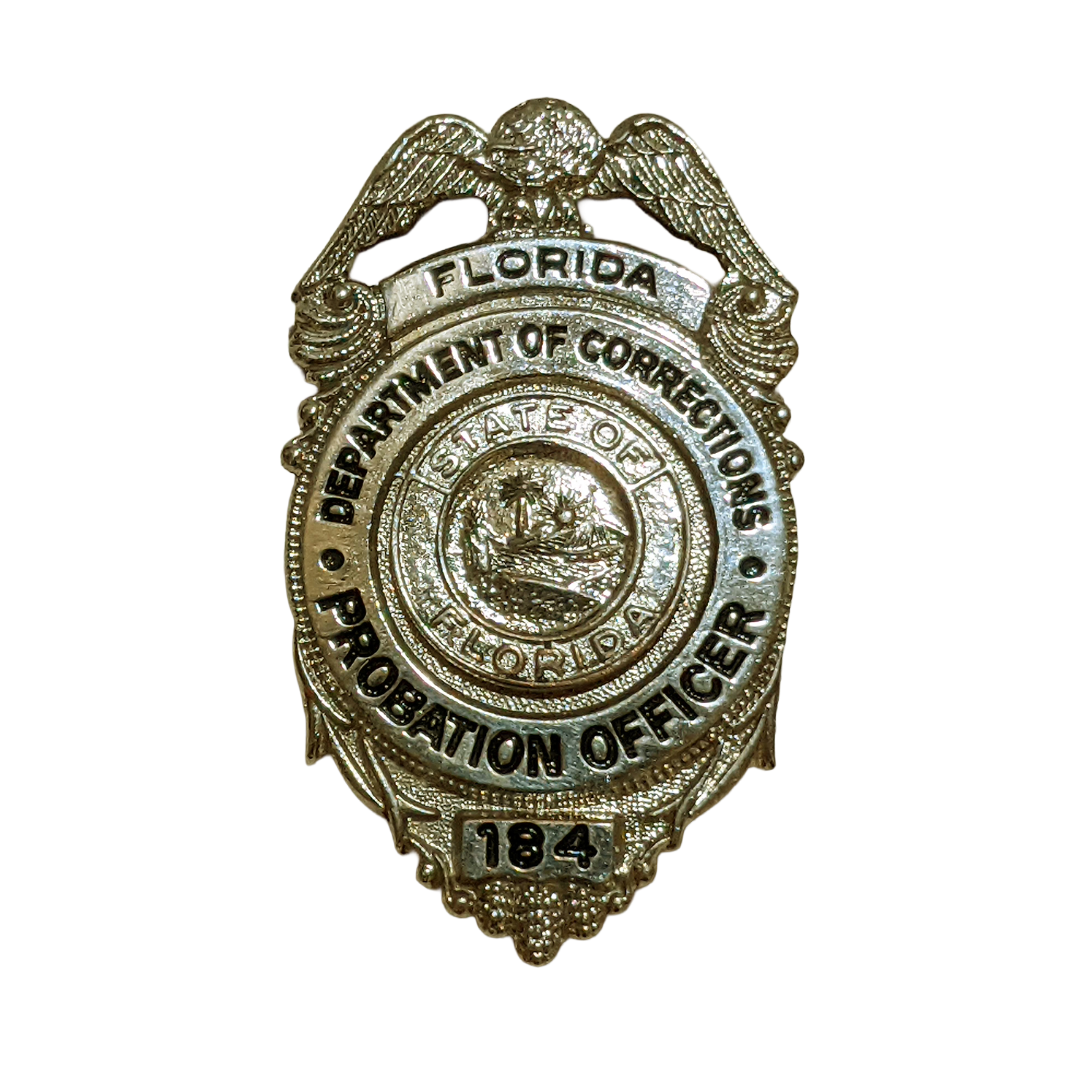

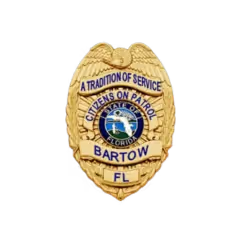









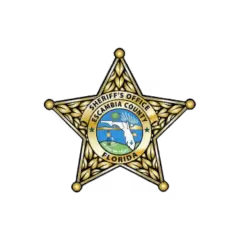









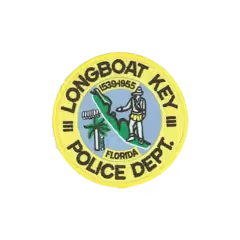















Dr. David Murrell Building
300 East Brevard Street
Tallahassee, Florida 32301
- Toll Free: 1-800-733-3722
- Phone: 1-850-222-3329
- Fax: 1-850-561-8336
- E-mail: membership@flpba.org
